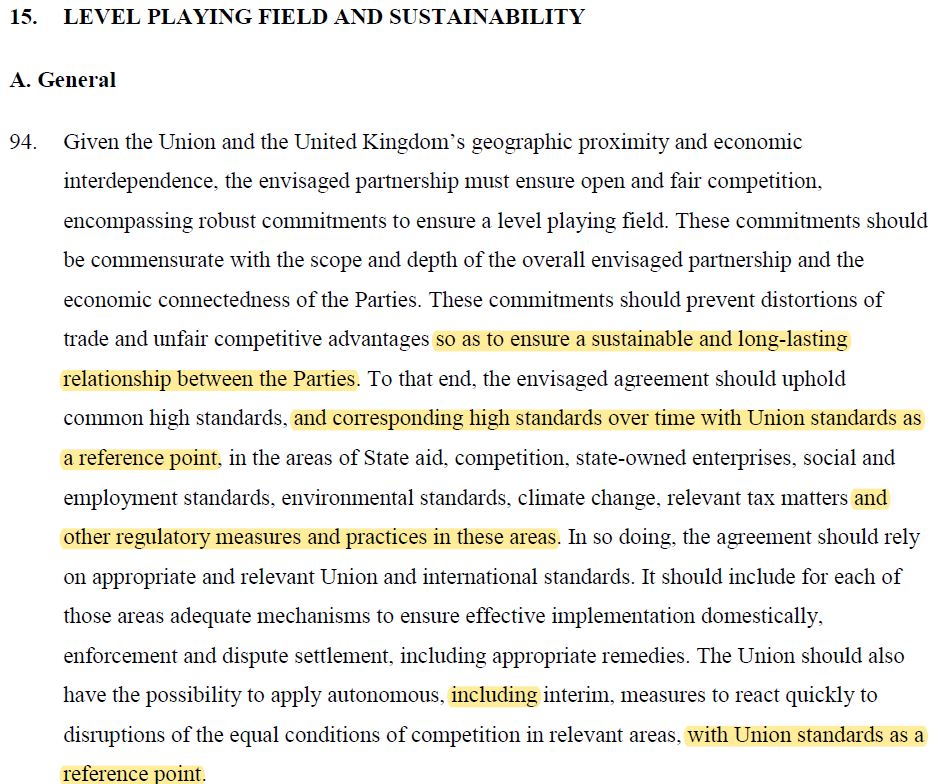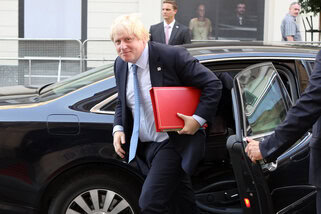The EU struggles with making the level playing field work
https://www.stefanscheuer.eu/wp-content/themes/osmosis/images/empty/thumbnail.jpg 150 150 ioana bere ioana bere https://secure.gravatar.com/avatar/2f1488215f0e5e2381f544cefcef2dc7?s=96&d=mm&r=gThe EU’s proposal for a treaty with the UK keeps the reference to level playing field commitments and a soft form of dynamic alignment. Compared to the negotiating directives adopted by the Council on 25 February, the wording on level playing field requirements is not that straightforward and it remains unclear how this will be implemented. Despite this, it remains the most ambitious treaty the EU has ever proposed on the level playing field and environmental protection.

The level playing field section on environment and health includes a non-regression clause on environmental protection with a time-reference – the end of the transition period. The term “environmental protection” is defined through a list of environmental areas. There is also a ratchet clause and four environmental principles the Parties shall respect in their national legislation and practice (among them the precautionary principle). A soft form of dynamic alignment is foreseen as well, but this has to be mutually agreed by both Parties in the Partnership Council. This body can adopt binding decisions and set higher levels of protection or introduce new areas in the level playing field. This reflects the evolving nature of the agreement as explained on other occasions by the chief negotiator Barnier. Under the monitoring and enforcement part, public authorities and individuals of the two Parties should be able to bring actions against violations of the environmental law that are not in line with the treaty obligations. An “independent body” shall ensure the effective monitoring in regard to treaty provisions covering the non-regression, legislative improvements above the non-regression level and the ratchet clause.
Before being published, the text was discussed with the Members States in the Council. The Commission’s text proposal underwent minor changes concerning dynamic alignment: Member States want the robust commitments for the level playing field to be “long-lasting”. Under the environment and health section, a new article was added; it says that the level playing field should also include targets that are agreed within the Union at the end of transition but will be achieved after the transition period ends. If the transition period is extended, this clause has the potential to cover new legislation under the European Green Deal.
First version of the draft text of the agreement (proposed by the EU Commission)
Second version of the draft text of the agreement (after Member States changes)







